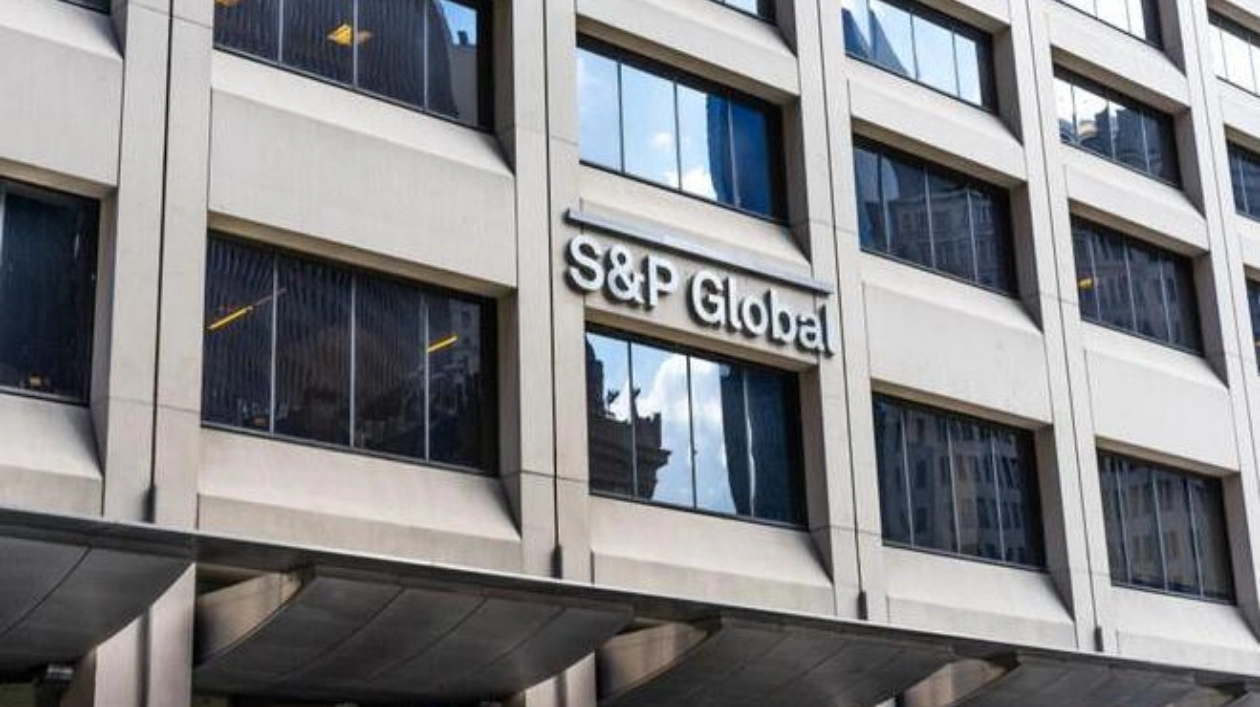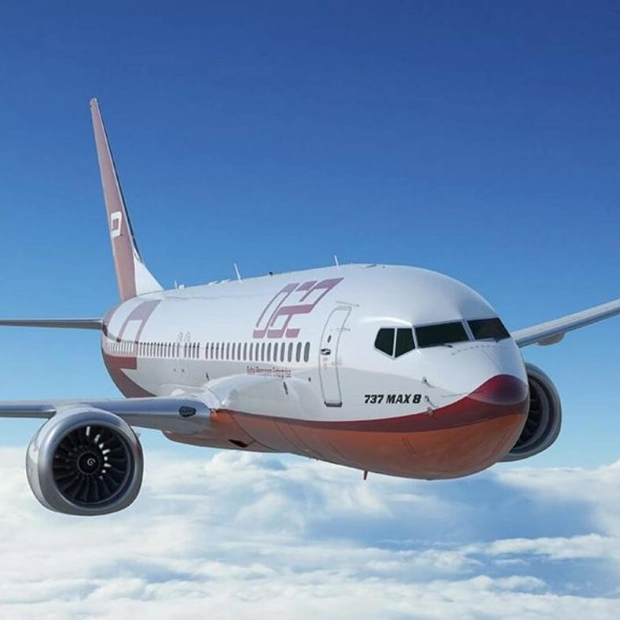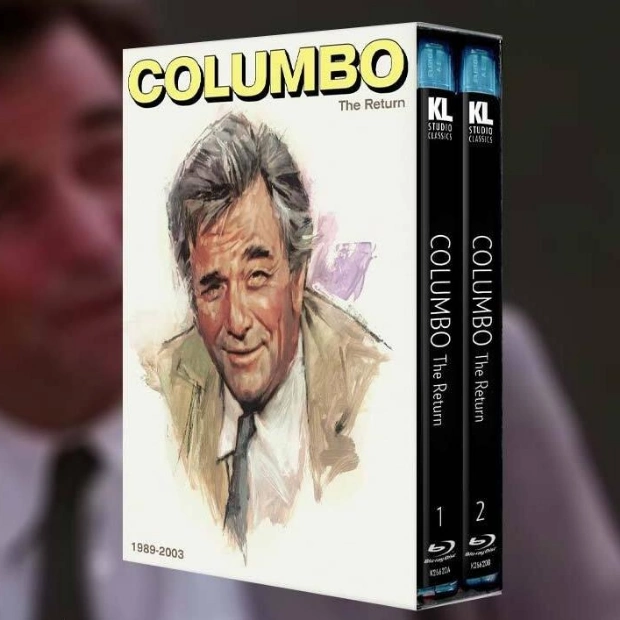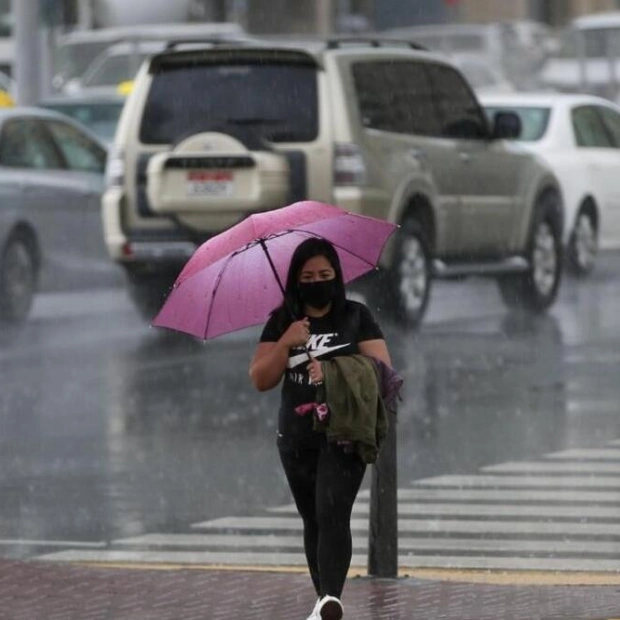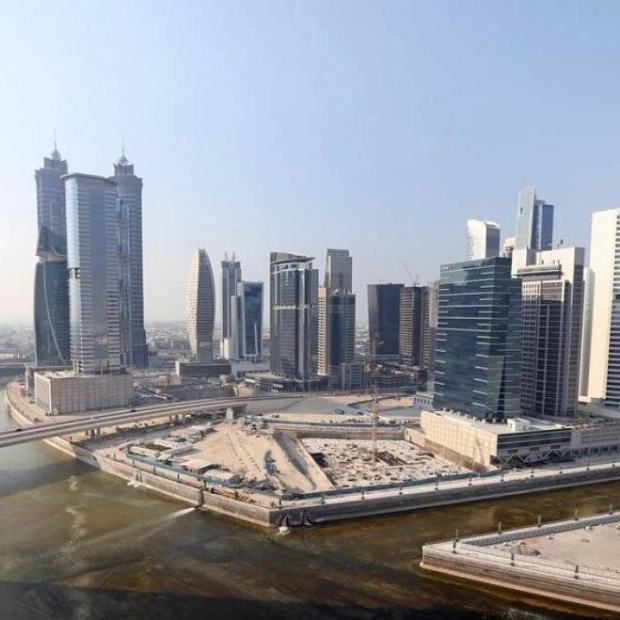RIYADH: The UAE's non-oil business activity maintained its upward trajectory in October, with the Emirates' Purchasing Managers' Index (PMI) climbing to 54.1 from 53.8 in September, according to an economic tracker.
The latest PMI report by S&P Global indicated that the increase was fueled by a more rapid expansion in business activity, driven by rising demand and efforts by firms to manage backlogs.
In line with its Arab neighbors' economic diversification strategies, the UAE is also reducing its dependence on oil revenues and focusing more on sectors like tourism.
"The key factor keeping the PMI above its previous reading was the expansion in business activity, which accelerated significantly, albeit from September's three-year low," said David Owen, senior economist at S&P Global Market Intelligence.
The agency noted that business activity levels in October improved at their fastest rate since April, as firms increased output in response to higher sales volumes, robust work pipelines, and strong client numbers.
However, the growth of new orders slowed to its lowest level since February 2023, contributing to weaker job creation and a renewed decline in selling prices.
"A softening of new business growth in October added to signs that the non-oil economy is losing momentum after a robust growth period in late-2023/early-2024. Firms often cited market crowding as eating into sales and impacting job creation, which slipped to a 30-month low," Owen explained.
He added: "Firms reduced their output prices for the first time in six months in an attempt to reverse the slowing sales trend. This coincided with a softening of input price pressures, also to a six-month low."
The report showed that new work intakes increased in October, but the growth rate was the weakest in 20 months.
Business sentiment improved following September's 18-month low but remained weak for 2024 so far. Companies generally expressed optimism that activity and demand growth would remain resilient, supported by strong sales pipelines. However, uncertainty and high competition were noted as growth challenges by non-oil firms in the UAE.
In a separate report, S&P Global revealed that non-oil companies in Dubai experienced a slower improvement in operating conditions in October, with the PMI falling to 53.2 from 54.1 in September.
New business intakes in Dubai grew at the slowest rate since the start of 2022, with firms citing tougher market conditions and increased competition.
Employment growth also slowed in October, but output growth accelerated slightly to a five-month high. Similar to the overall UAE scenario, non-oil firms in Dubai saw a drop in average selling prices for the first time since April due to strong competition.
In another report, S&P Global noted that Kuwait's non-oil sector regained momentum, with the PMI rising to 52.7 in October, up from 50.3 in September, reaching its highest level in seven months.
Both output and new orders increased in October, while companies also stepped up purchasing activity.
"October saw a rejuvenation of the Kuwaiti non-oil private sector, with firms better able to bring in new business during the month, leading to a quicker output growth," said Andrew Harker, economics director at S&P Global Market Intelligence.
He added: "The latest figures raise hopes that the recent soft-patch is behind us and that growth will continue through the rest of the year. Business confidence also continued to strengthen."
While companies increased their purchasing activity rapidly, job creation remained minimal in October, as firms aimed to control costs. Harker noted that a renewed increase in backlogs might lead to quicker workforce expansion in the coming months.
Source link: https://www.arabnews.com
